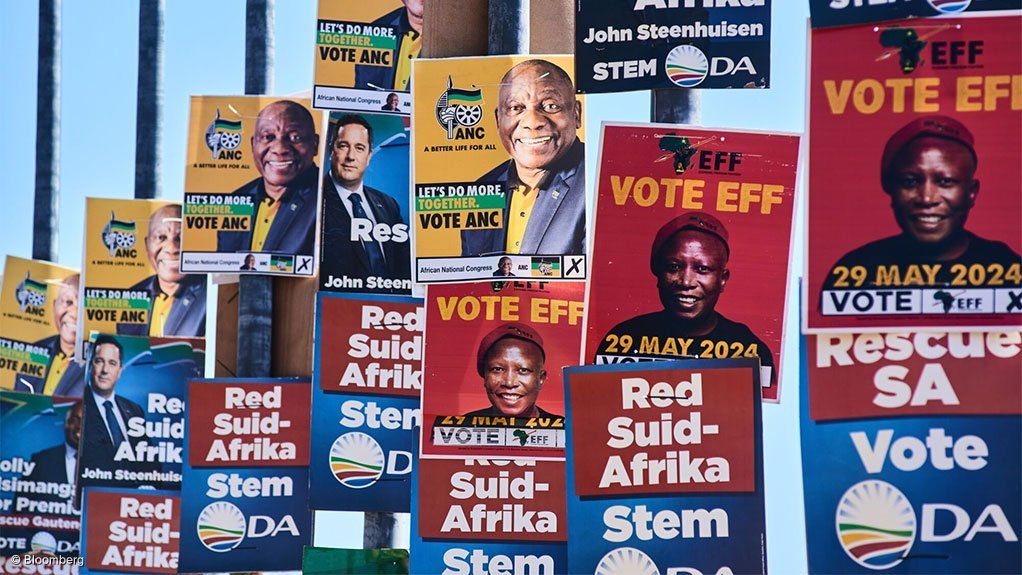Council for Scientific and Industrial Research (CSIR) researcher Avi Moodley on Tuesday highlighted that the 2024 national and provincial elections created more misinformation when compared with other elections, with social media posts undermining the credibility of the Independent Electoral Commission of South Africa (IEC).
Moodley was speaking during a multi-party information-sharing webinar hosted by the CSIR, Trinexia, Government Communication and Information Systems and Africa Check.
He highlighted that CSIR's data analyses looked at a high-level analysis of the 2024 South African elections focused on uncovering latent themes and sentiments from the public expressed on the X platform. He said the analysis covered topic modelling, sentiment analysis, emotional tendencies and geographical breakdown of the information landscape over the election period.
Moodley noted that the Council collected about 50 000 tweets a day, with 1.3-million tweets collected since April.
He pointed out that there was a lot of negativity after election day and before results were released, with a significant number of tweets related to people’s feelings towards the IEC.
Moodley pointed out that some of the tweets questioned whether the IEC had enough budget for the elections. He said there was also some misinformation related to vote rigging and ballot stealing.
He said the elections saw a lot of anger and negativity directed toward the IEC over the experience that the public had in terms of long queues, and dissatisfaction with things that transpired during the elections, which people blame the IEC for.
Moodley noted that during elections, for data the CSIR relied on audiences who tagged the council on social media, and also closely followed public figures.
He said it was challenging to effectively manage fake news on social media platforms, noting South Africa’s various literacy languages.
He referred to WhatsApp as being one of the main propagators of misinformation.
“…but when it comes down to what we can do, [we suggest] education and rewiring people’s mindsets on what is misinformation and how to detect it,” said Moodley.
He explained that the creation of a framework on educating people with a human-centric approach could be a “nice baseline” for an educational campaign, as well as improving the CSIR’s efforts to detect fake news.
He pointed out that there were non-governmental organisations and industry partners tackling problems of fake news, however, he said one of the challenges was not having enough support from different sectors to help in this initiative.
Trinexia national account manager Byron Davel noted a combination of AI-powered content analyses to detect patterns, key words and phrases that were commonly associated with misinformation or fake news.
Individuals could also analyse the sentiment, tone and language use in those posts, while image and video analyses could be used to detect manipulated images or deep fakes on the technology side.
“…but through technology, behaviour analytics and repetitive patterns and constantly detecting information, you may not always be able to detect all fake news, however, you can change the attack behaviour, and you can change the way attackers and false information spreaders go about spreading information. You keep protecting it, you keep blocking it, you keep reporting it and you keep removing it. It changes attackers’ behaviours,” he explained.
Davel urged individuals to remove fake news quickly from social media before it caused damage.
EMAIL THIS ARTICLE SAVE THIS ARTICLE ARTICLE ENQUIRY
To subscribe email subscriptions@creamermedia.co.za or click here
To advertise email advertising@creamermedia.co.za or click here











